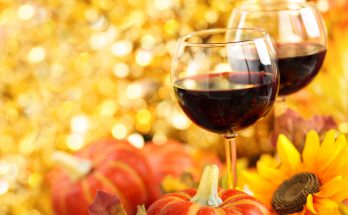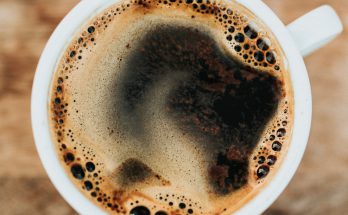Ladies, I’ve done it all – vegetarianism, feminism, hairy legs, rejection of female roles, and so far, 14 years of motherhood. I have knocked on Death’s door in malnutrition, and I have seen the light. I can tell you something I’ve learned: There is nothing more empowering than nurturing yourself. Whether it’s meditation, food, or a creative outlet, feed your soul. When it does come to food, the French know there is an easy way to truly nourish your body.
And with all the closures and distancing going on, there is no time like the present to reacquaint yourself with home cooking.
Girl, Get Back in the Kitchen!
Empower yourself by cooking for yourself and your family, which, yes, means spending time in your kitchen. You will see that impressing your friends with your online photos of your new creations and pleasing your family is actually just a pleasant side effect of taking care of yourself by taking the time to cook something good to eat.
No one forgets a good meal made by a loved one or friend, shared around a table, with conversation and companionship (and sometimes wine!) So, when planning a shared meal, set the bar at love, rather than at how nice the decoration in your dining room looks.
The Basics
First of all, preheat your oven. Just got home from work or the store and you only have 45 minutes to get dinner on the table? Turn on the oven before you take your coat off! My magic number is 365°F, which is 180°C, a number below the smoke point of most fats and oils. Next, grab some fresh ingredients. Mine are usually rosemary and thyme, and a fresh (or freshly thawed) piece of meat from the butcher.
I use fresh rosemary and thyme for lamb and beef roasts, though for the latter I make sure to add whole or chopped garlic cloves for enhanced flavor. If you are in a pinch without fresh herbs on hand, always keep a jar of herbes de Provence in your pantry, they are a good fallback, now and then.
Select your meat
It doesn’t have to be “exotic”, take pork roast, for example. It’s a piece of meat from the front or back of the pig, with a bit of fat on it, and does not cost much money per pound. Pork loin is so lean you have to add fat to it to keep it juicy. This is less desirable despite it’s out-of-proportion popularity and carries a higher price per pound. The fat on a piece of pork keeps the meat from drying out, retains flavor, and satiates. Sprinkle on some chopped fresh rosemary and thyme, sea salt, and freshly ground pepper, perhaps some olive oil or knobs of butter on top, and place the roast in the oven for 45 minutes.
Depending on how many pounds you have and your oven, you will need more or less time; count on roughly 15 to 20 minutes cooking time per pound. The inner temperature should be 170°F for pork. (This translates to well-done for beef and lamb). Use a meat thermometer to check the roast every so often after the first 40 minutes. If you’re in need of a carb, chop some potatoes and put them in the same baking pan and definitely add butter or pour olive oil over them as well as the seasonings. Open a bottle of Pinot Noir and share the meal with friends. Voilà!
If you want to be like the French, then you need to eat and live the way they do: respect the whole animal and good agriculture by eating meat, stay connected to the land by walking outside, prepare your own meals, don’t snack, connect to others face-to-face, such as at the farmer’s market or around the table. The French Paradox (eat richly, stay slim) is really not a paradox at all, it’s what I call the French Advantage! So, while the concept of French food may impress some people, the advantages are what should really grab people’s attention.



